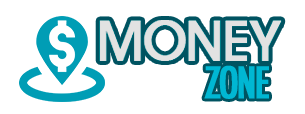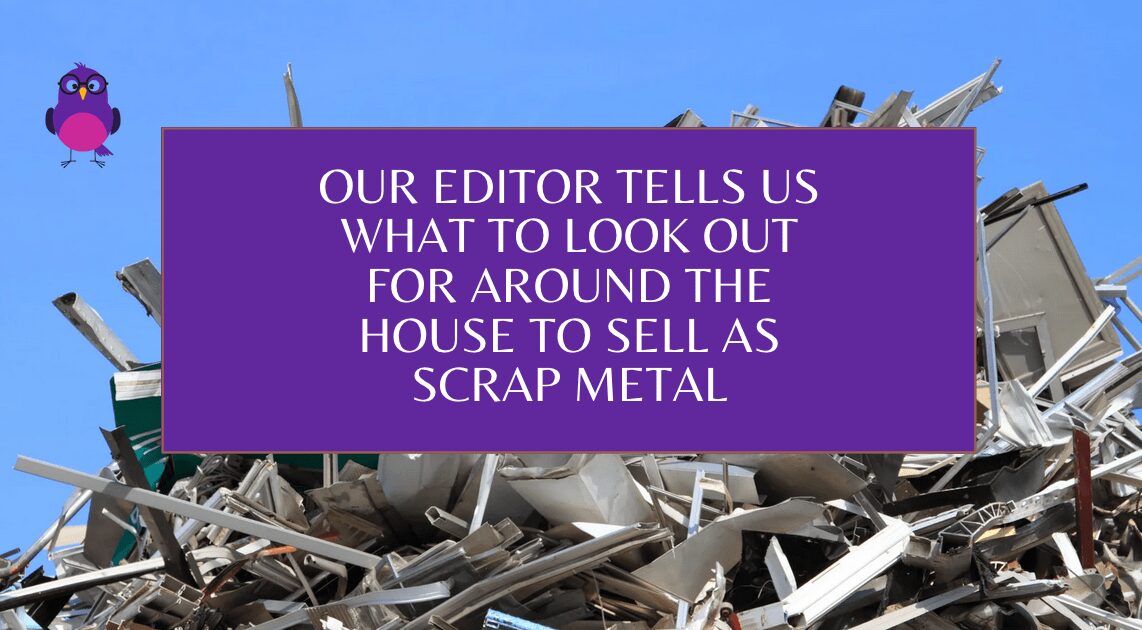We are overstressed as a workforce in the U.S. A new national survey from MyPerfectResume illustrates how inflation, trade tensions, and job market uncertainty are affecting not only our economy but also the mental state of American workers.
The results paint a picture of employees bracing for disruption, updating resumes, putting career decisions on hold, and losing faith that their employers have their backs.
If you have been on edge about your job or paycheck’s status six months from now, you are not alone. The 2025 Career Confidence Index found that:
- 80 percent of workers fear inflation will lower their standard of living
- 71 percent view global trade tensions as a serious threat to their job or industry
- 42 percent believe layoffs are on the horizon
These are not temporary worries. They are altering how people approach career planning, personal finances, and life after work.
Inflation and Instability: The Uncertainties Driving Career Planning
Every grocery bill, gas receipt, and end-of-month budget tally is a reminder that paychecks do not go as far as they used to. But this is more than belt-tightening at home. Economic anxiety is driving career decisions in ways we have not seen since the Great Recession.
The survey revealed:
- 76 percent have already taken steps to protect their careers or finances, from upskilling to drafting emergency plans
- 35 percent have postponed job or career changes they would have made in a stronger economy
- Only 33 percent trust their employer to be transparent about layoffs or financial difficulties
That last figure should give corporate leaders pause for thought. We live in an era marked by corporate messaging about transparency and empathy, but the day-to-day reality for many employees feels quite different.
This data forces us to ask. What happens to company culture when trust erodes? How can we continue to innovate when workers feel stuck in a state of survival rather than growth?
Tariffs, Trade, and the Uncertain Ground Beneath Industries
It is not just inflation casting a shadow over workers. The global economic stage feels fragile, and that sense of instability is filtering directly into the American workplace. Nearly three-quarters of workers believe tariffs or trade tensions will affect their job or industry.
For employees in manufacturing, agriculture, and tech supply chains, these fears are grounded in reality. But the concern extends far beyond those sectors. Workers across industries are scanning the horizon for threats and wondering if their companies are prepared or if they will be left holding the bag.
What You Can Do If You Are Stressed About Your Career
If you are lying awake at night worrying about what comes next, you are not powerless. There are meaningful steps you can take to protect your peace of mind and future.
- Update your resume and LinkedIn profile. Being prepared is always better than being caught off guard.
- Build a financial buffer. Even a small emergency fund can help ease anxiety and provide a sense of control.
- Invest in new skills. Affordable online courses, certifications, and workshops can help you stay competitive in a changing job market.
- Prioritize your mental health. Take breaks, seek counseling if needed, journal your thoughts, or practice mindfulness to help manage stress.
- Ask questions at work. Check in on your company’s outlook and explore where you can contribute most effectively.
Find community. Networking groups, industry associations, and online forums can remind you that you are not alone in facing these challenges.
The Bigger Question
The 2025 Career Confidence Index captures not only economic anxieties. It asks us to confront bigger questions about trust, communication, and what it means to build a career in uncertain times.
So, where do we go from here? Are we going to let economic anxiety define our national identity? Or can we, as workers, employers, and policymakers, create a future where people feel secure enough to dream, build, and take risks again?
American workers are doing their part. They are preparing, adapting, and staying flexible. Now it is time for companies and leaders to match that resilience with honesty, support, and real action. Because if we are asking employees to weather these storms alone, we are missing the point.











